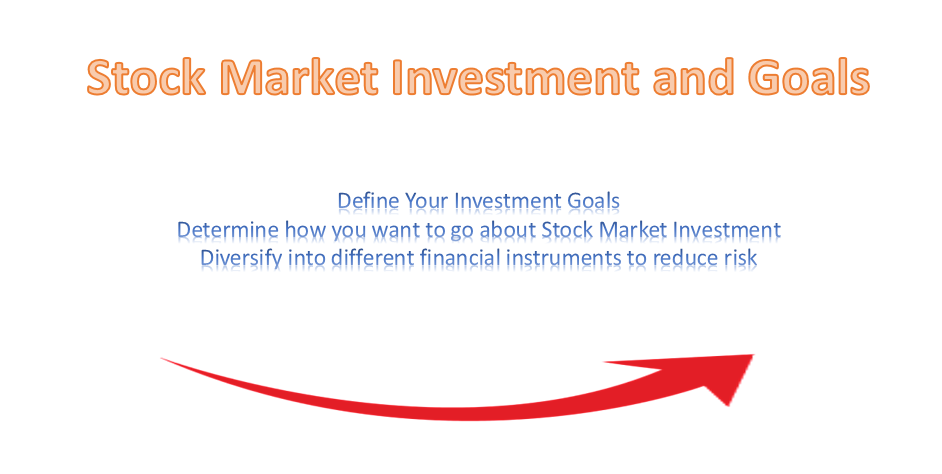Having your money work for you without you working for money is one good thing about investment. You put your money or capital in investment vehicles that drive more money over time while you simply scale through life. This is an excellent way of growing wealth but if not done properly, it can drive your wealth to the drain. If you are just setting out in the stock market investment, here is Ezzat Daniel Nesseim, a financial advisor and investment expert, to walk you through getting started as an investor in the stock market.
Define your investment goals
The first thing to do before anything is to have laid down investment goals, how you want to achieve them and the level of risk you are willing to take. Do you want to be actively involved in the investment or you want to just invest and leave it there? Are you ready to pay higher fees for less commitment or low fees for more commitment to the investment? Is your investment for short term goals or long term goals?
Many online brokers will ask you your goals in order to tailor the investment in regards to that. If you are investing for maybe less than five years, you might want to consider investing in bank certificates, bonds, money market mutual funds among others.
Another aspect is your risk tolerance. The stock market is hardly stable and it swings up and down. if you have a low level of risk tolerance, your best bet is to go conservative.
Determine how you want to go about the Stock Market Investment
“When it comes to the stock market, it is either you already know how to play the card and or you are a beginner and you need someone to manage your investment for you,” says Ezzat Daniel Nesseim. Whatever the category you belong to, examine these options and know how you want to invest.
Brokers:
For a full-service broker, you will have to pay a substantial amount but it comes with more useful recommendations and information. They provide a full spectrum of brokerage services including financial advice, retirement planning, tax tips and many more.
There are also discount brokers offering the least expensive paths to stock investment and they also provide tools such as an investment account to place your investment. Some of them also offer Robo advisory services as well for those who are just starting out on stock market investment.
Before selecting broker, assess them based on the minimum deposits restrictions, fees, and commissions, investment research, and tools provided.
Robo advisors:
Various companies that leverage technology to provide investment advice and lower investment cost have emerged. This service makes investment decisions for you based on your investment goals. If you don’t know much about stock investment, consider opening a Robo advisor account and avail of full investment management. As compared to hiring money managers, the Robo advisor is a low-cost management alternative.
Money managers:
Money managers work with financial advisors, retirement planners, researchers and investment managers who have deep knowledge of the stock market. They provide experts advice required for making smart investment decisions, help with portfolio mix and ensure you get the most of the investment. It is a good option for investors who just want to invest and leave it in the hand of experts to manage. However, it comes with a hefty price tag.
It is important to know that if you are contributing to a 401(k) account, you are likely investing in the stock market by mutual funds allocations and the company’s stocks. This retirement plan is a good option for investment on a tight budget.
Diversify into different financial instruments to reduce risk
The wise financial saying of building up a safe nest egg can is simply an icon when it comes to stock market investment. “Building a diversified portfolio, helps to maximize returns and reduce risk as different financial assets will react differently to the same events,” says Ezzat Daniel Nesseim. “ It is better not to have a single stock as a large number of stocks can pose a major threat to the portfolio. Consider adding bonds, mutual funds or exchange-traded funds (ETFs) and explore other companies although this comes with more risk” Ezzat advises.
Tags: Investment and GoalsStock Market

